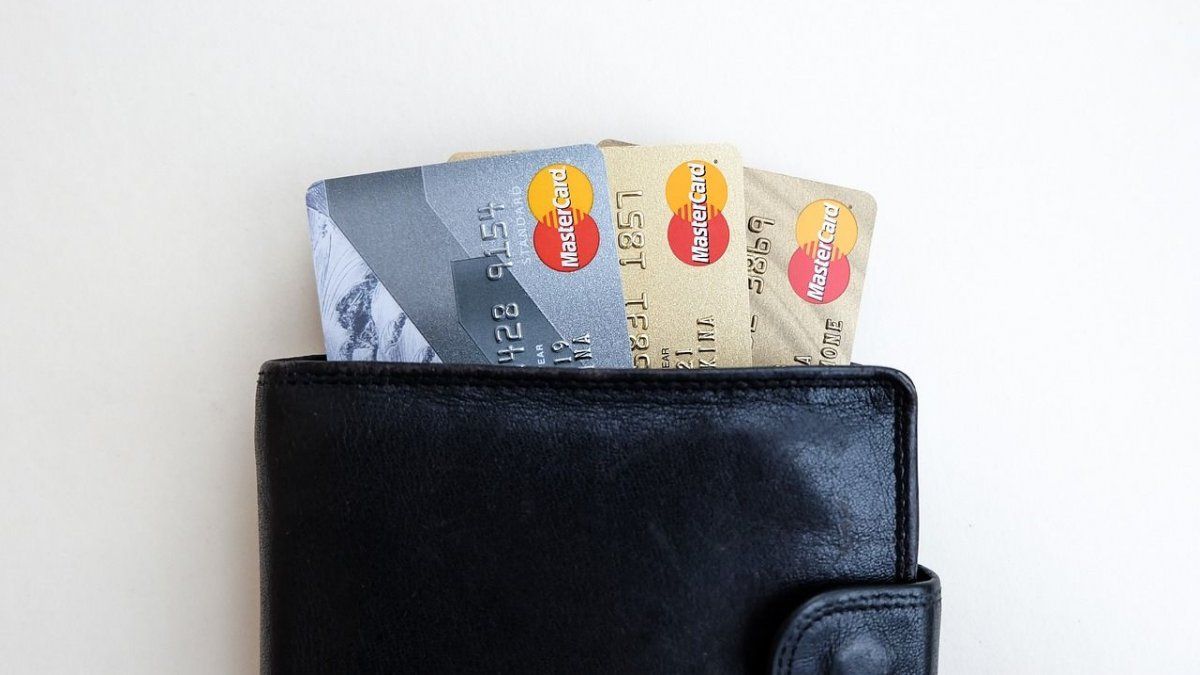The financial world issues annually more than 6 billion plastic payment cardsso the industry is already generating new materials for reduce environmental impact and moving towards more sustainable solutions.
One of the main environmental concerns is the plastic pollutionwhich went from 2 million tons in 1950 to 348 million in 2017, while its quantity is expected to double between now and 2040according to data from the United Nations Organization (UN).
90% of cards are made from virgin PVC or recycled PVCthe plastic more polluting, and almost no expired cards are collected or recycled. The optimal and intelligent use of plastic is today one of the main ways to contribute towards a sustainable world and the bank is committed to achieving it. At Thales our goal is to make experiences safe, simple, intuitive and accessible to people without losing sight of the objective of collaborating with a more sustainable world.
environment-earth-sustainability-sustainability
freepik.es
In effect, financial institutions are offering their clients more planet-friendly payment options through cards based on more sustainable materials. This innovative decision is focused on reduce the use of first-use plastics in card printing, changing the materials for those that find a new useful lifefocusing on the reducing the use of first-use plastic and the carbon footprint offset of the process itself.
Thales awaits reduce plastic by 80% from now to 2030, and that at least half of the cards are manufactured with sustainable materialsfinally seeking for people to migrate from sustainable cards until virtual cardsarriving to zero carbon emissions (CO2) in its preparation.
As a company we are seeking to guarantee the resource circularity stopping the use of virgin plastic by 2030. We invested heavily in research and innovation over several years to advance materials such as bio-based resin (PLA), wood, plastic recovered from the oceans and other future innovations. For example, in Brazil there is a company that recycles not only the plastic of the cards, but also the chips and transforms them into new products, such as notebooks, boxes, pencil holders, among others.
posnet-consumption-card-purchase

Pexel
In addition, the company has a waste disposal plan that seeks to send all remains of PVC of card production to recyclers, investigate the possibility of reusing them in the industry itself, implement a waste recycling plan at 100% of its sites by 2025 and apply industrial recyclingamong other solutions.
In line with this we offer our clients a unique carbon offset (CO2) program for the issuance of cards. As a result, our cards are not only carbon neutralbut also feature a carbon neutral logo to demonstrate their green credentials to end customers.
To do this, Thales has developed its own calculation of the carbon footprint of the cards, which is recognized and audited by the main consulting firms. Once the program is accepted, the economic carbon offset will be used to finance valuable environmental and social projects, leading to positive impacts for local communities.
environment.jpg

EcologyGreen
We believe that only with concrete measures such as those mentioned can we advance sustainable solutions to save our planet.
By Andrés Kecskemeti, Thales Sales Manager for banking and payment services.-
Source: Ambito
David William is a talented author who has made a name for himself in the world of writing. He is a professional author who writes on a wide range of topics, from general interest to opinion news. David is currently working as a writer at 24 hours worlds where he brings his unique perspective and in-depth research to his articles, making them both informative and engaging.




